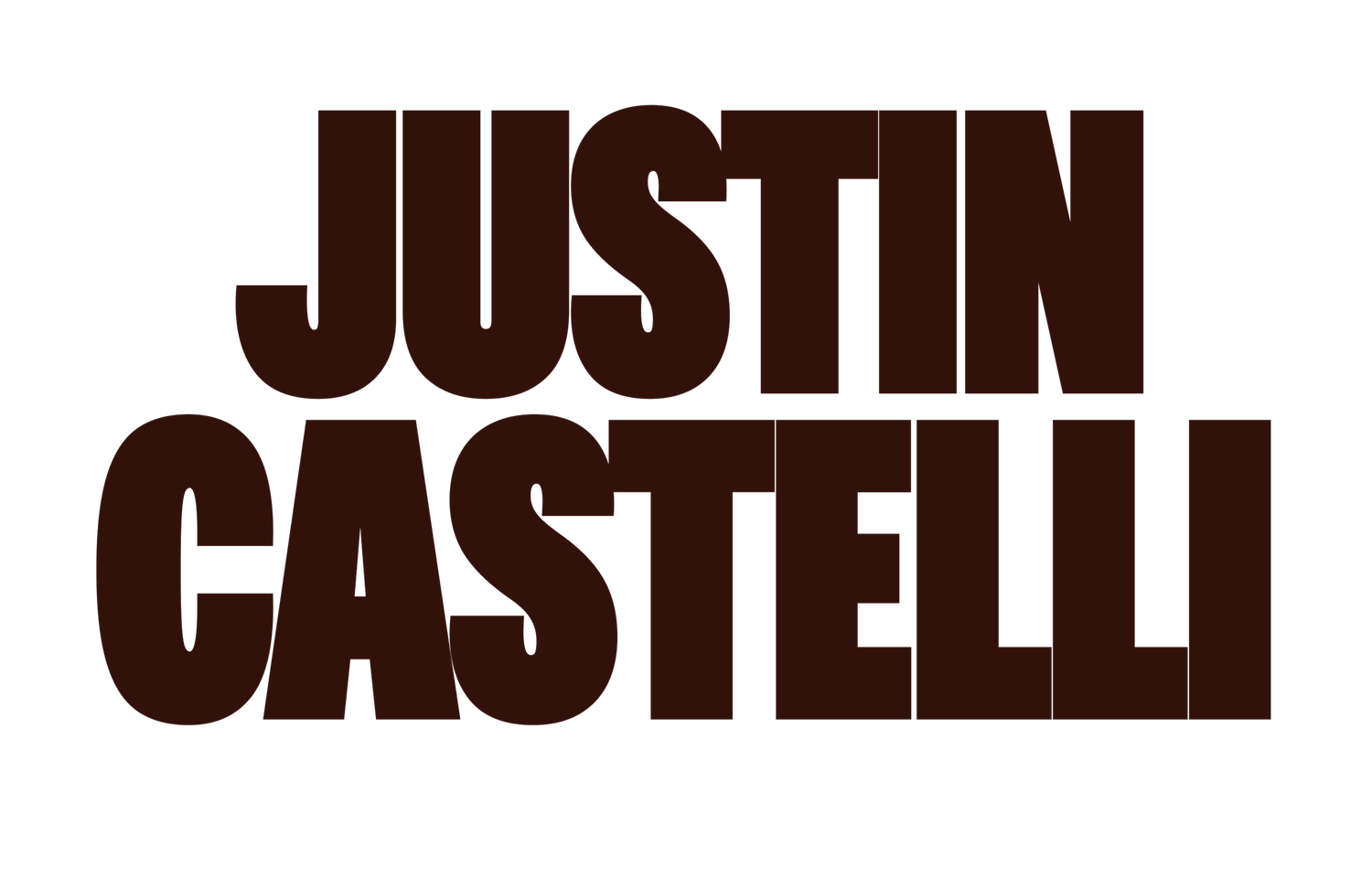the most important thing that doesn’t matter
“Money’s the most important thing — and it’s not that important.”
That sentence doesn’t make logical sense — it probably leaves you scratching your head.
But it’s true.
Money sits at the center of nearly every part of life — meeting our needs, enabling our connections, and expressing our values. It’s inescapable as it touches everything we do. And yet, the more we chase it, the more we realize it was never the thing we were really after.
This is the paradox at the heart of modern life: we need money to live, but we don’t want to live for money. We seek freedom through money, but true freedom comes when we release its hold on us.
Most of us have been taught to see money in absolutes — as either evil or everything, something to reject or to chase. But neither extreme captures the truth. What if there’s a third way—one that holds both truths at once?
That possibility begins with understanding how we’ve been conditioned to think about money itself.
This conditioning creates a split: most people’s relationship with money gets stuck in duality — either attachment or avoidance.
On one side is attachment: money becomes the measure of success, worth, and safety. We check our accounts for validation. We equate abundance with numbers. We work harder, earn more, and still feel behind.
On the other side is avoidance: money is seen as corrupt, materialistic, or unspiritual. We avoid our accounts from shame. We romanticize struggle or shame ambition. We tell ourselves “it doesn’t matter,” while quietly resenting the struggle.
Both extremes are traps — opposite ends of the same illusion. Both are born from fear: fear of not having enough, or fear of becoming what we despise. Both keep us blind to what money actually is.
But there’s another way to see. When we step out of duality, something shifts. We begin to see money as sacred and neutral at the same time.
What does this actually mean?
Money is sacred because it carries energy—your energy. Every dollar you earn represents your time, creativity, attention, and care translated into form. When you spend it, you’re directing that concentrated life force toward what matters to you. This is why financial choices feel significant: they’re expressions of your values made visible.
Money is neutral because it has no agenda of its own. It’s not inherently good or bad. It doesn’t bless or curse. It simply takes the shape of the consciousness that uses it.
When we see both truths, we gain the ability to be fully engaged yet completely detached. We can earn, save, invest, and give — without losing ourselves in the process.
That’s where the peace begins.
True financial freedom isn’t just about having enough money. It’s about having a relationship with money that’s free.
Freedom doesn’t come from rejecting money or from endlessly pursuing more of it. It comes from holding both truths: money matters deeply — and not at all.
When you care deeply, you honor your financial life. You budget, plan, and make aligned choices. You take responsibility. You don’t spiritually bypass the work of stewarding resources wisely.
When you remember it’s not that important, you loosen the grip. You let go of comparison, fear, and identity. You stop chasing significance through your bank account. You refuse to let the numbers define your worth.
The paradox itself creates peace. You don’t have to resolve it — you just have to hold it.
Here’s what this looks like in daily life:
When you spend, pause for a breath and acknowledge the exchange—this money moving out creates space for something to move in. No judgment about whether you “should” have bought it.
When you earn, let yourself feel genuine appreciation for the value you created, without puffing up with pride or shrinking down with guilt about having more than others.
When you give, recognize you’re participating in a larger flow. The money isn’t leaving you—it’s moving through you to where it’s needed. You’re a channel, not a dam.
When you plan, ask “what do I want to create?” instead of “what am I afraid of losing?” Your budget becomes a tool for building, not just protecting.
Money becomes less of a scorecard and more of a current — something you move with, not against.
I saw this shift happen with someone I once worked with who carried constant anxiety about money. Every decision—from vacations to a home purchase—was driven by fear of losing what they had. The money was an inheritance, which made the weight even heavier: they felt responsible for protecting their parents’ wealth. The numbers looked great on paper, but inside, they felt broke and terrified of making the wrong move.
Through our work, they began to see that money wasn’t the problem—attachment was. They didn’t need to stop caring about money; they needed to care differently.
By seeing money as both neutral and sacred, they started making choices from alignment instead of fear. They began giving generously without the grip of scarcity. They invested in what mattered without second-guessing every decision. They lived without constantly justifying their choices to an invisible jury.
Nothing changed financially at first. But energetically, everything shifted. Peace came before the balance sheet ever moved.
The world will always tell you money is either everything or nothing. But real wisdom lives between those extremes.
When you can hold both truths — that money is sacred and neutral, important and unimportant — you stop chasing and start flowing. You begin to live from overflow instead of scarcity. You participate in the energy of creation rather than control.
And that’s when you finally experience what I call financial alignment: fully engaged, completely free.
Money flows to and through those who see it clearly — as energy, not identity.
Keep pursuing,
JC
